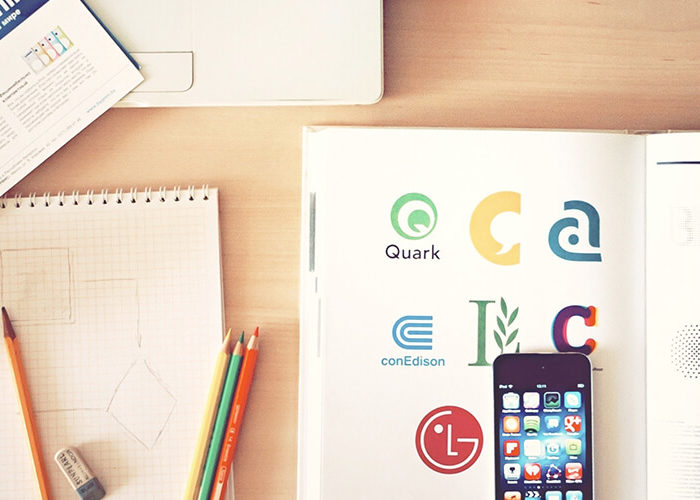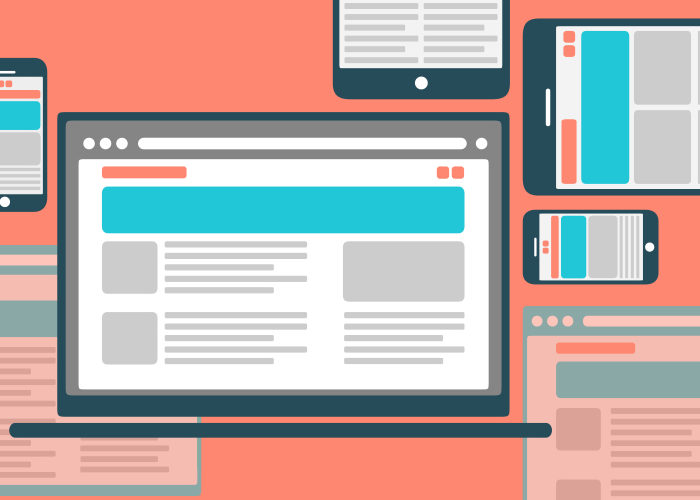Although no one wants to think about cyber crime happening to their business, it is a real threat that is only increasing alongside the business we conduct on the internet. With the abilities of hackers continually evolving, cyber crime is expected to reach $2,1 trillion globally by 2019.
Skipping any security measures could leave your site vulnerable to an attack. Your website is not only important to running and marketing your business but also to interacting with your customers. Are you doing everything you can to arm your website against cyber crime and guard both your business and your customers?
Why your website might be hacked
There are many reasons hackers could target your site. They could be planting spam comments with links to a product page. They could be redirecting your pages. Or it could be something very serious like data theft or your site being turned into a phishing site.
If your site were to be hacked, your company could lose more than just money. Any customer who provides your company with any information over the internet trusts you to safeguard their information. Your compromised security would negatively impact your current customers directly and even potential customers’ perception of your business when they find out you didn’t do everything in your power to protect the people already paying you.
How do you protect your website?
Because hacks can happen on many different levels and through many different points of entry, there is more than just one step to safeguarding. But adopting a few good practices early can help you guard your company responsibly.
- Run updates. When a WordPress update comes out, previous versions are left vulnerable. It is important to update immediately to ensure site security. In addition, run updates on the server you host on, the theme, and the plugins you use to enhance your site. Our website care plans include the proper updates and maintenance necessary to ensure your site is super secure. Read more about the importance of WordPress updates here.
- Select trusted plug-ins. If your site processes payments or sorts information into a database, you are using a third-party solution. Find the right one for you with trusted security measures in place. You can research their reputations on WordPress.org, read reviews, and download plugin guides to help you choose. If a plugin has no reputation, proceed with extra caution.
- Don’t use discoverable usernames. An easy-to-guess username (like “admin”) means a hacker now only has to guess your password to log in to your site. If he has to guess the username as well, you have an added layer of security.
- Use complicated passwords. Although this might seem obvious, it’s worth double checking that you’ve selected passwords with a combination of letters, numbers and special characters. The WordPress interface shows you the strength of your password as you create one. There are also tools available to require strong passwords of your users.
- Use two-factor authentication to log in. Two-factor authentication requires a second identifier to log in, such as a verification code sent to an email address or a device. If your strong password somehow still gets compromised, two-factor authentication can put a stop to the potential breach.
- Regularly backup your site. This allows you to quickly revert to the clean version if ever your site were to be compromised. Site backups are incredibly important and essential because problems can occur and your database can become corrupt. Being able to recover your website files quickly is part of a good disaster policy.
- Get an SSL Certificate for your websites. SSL Certificates (Secure Socket Layers) is the standard protocol for establishing an encrypted link between a web server and a browser. Web browsers (like Google Chrome) tell us when a website is secure with the “HTTPS” designation in the URL bar and the padlock icon that accompanies it. The padlock ensures customers they can feel safe using the site. It tells them that no one will see their private information except their intended recipient. Read more about the importance of getting an SSL Certificate for your site.
LP Creative Co. can offer help in all of these areas, giving you peace of mind knowing your site is secure and updated regularly. Our goal is to keep your business running efficiently as your new website brings in more customers. Keeping your website up-to-date, backed-up, and secure can be time-consuming and overwhelming. Not to mention the fact that it can take up valuable time that could be spent focusing on your business. We offer three website maintenance plans. To learn more about our website care plans, contact us today.
Tags: Tips, website security
 close
close



